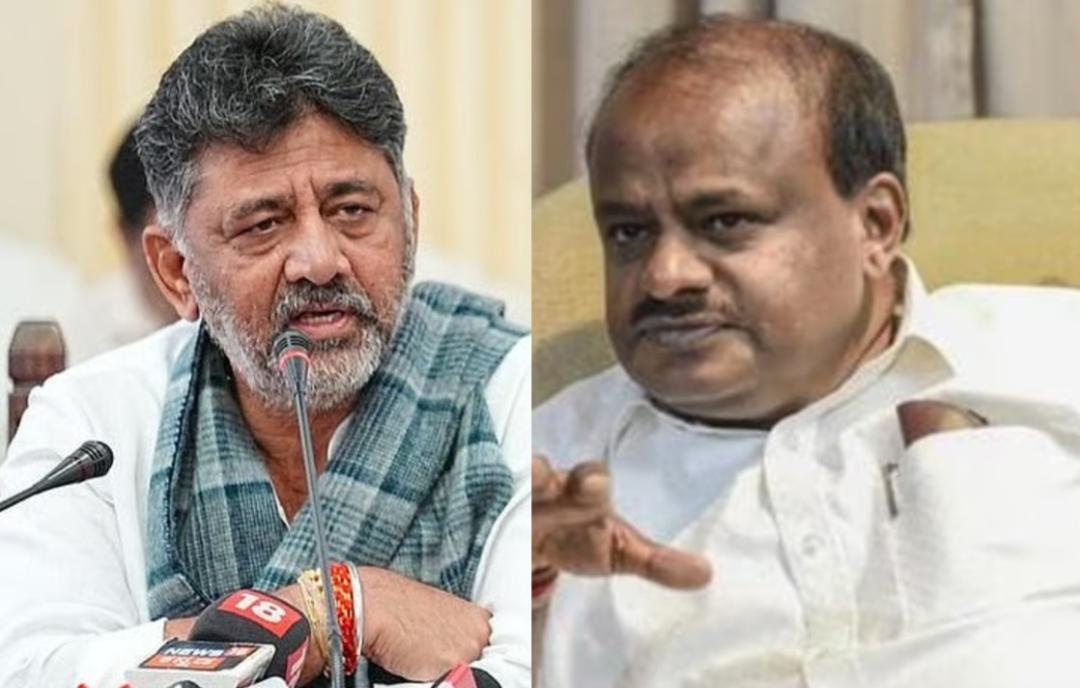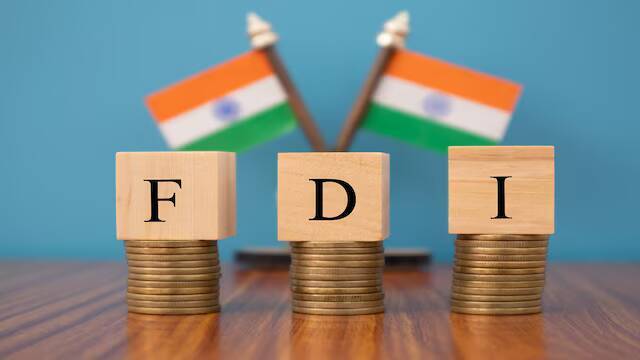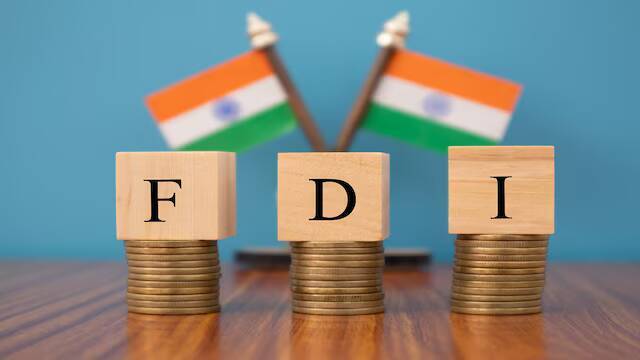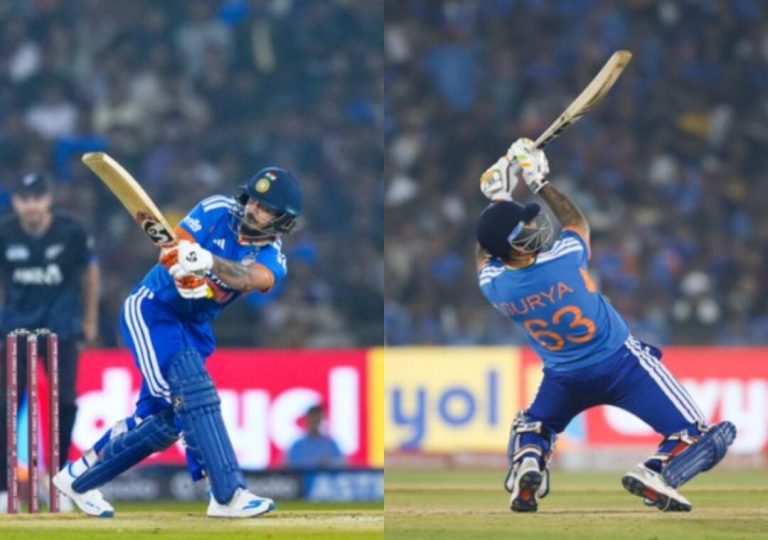
Prove I’m in touch with Amit Shah, will quit politics: Shivakumar
In a shocking turn of events, Karnataka Deputy Chief Minister DK Shivakumar has dared Union Minister HD Kumaraswamy to prove that he has been in touch with Union Home Minister Amit Shah. Shivakumar, who is known for his bold and unapologetic statements, has gone a step further by stating that he will quit politics if Kumaraswamy can provide evidence of his alleged communication with Shah.
The controversy began when Shivakumar reacted to what he believed was Kumaraswamy’s claim that he was in contact with Shah. However, it has been reported that Kumaraswamy had made no such claim, leaving many to wonder what prompted Shivakumar’s outburst. Despite the lack of evidence, Shivakumar has continued to maintain that Kumaraswamy is a “traitor” and has challenged him to prove the alleged link with Shah.
The war of words between Shivakumar and Kumaraswamy has been making headlines in the Indian media, with many speculating about the reasons behind Shivakumar’s sudden attack on his fellow politician. Some have suggested that Shivakumar’s comments may be a result of internal power struggles within the party, while others believe that it may be a clever tactic to divert attention from other pressing issues.
Regardless of the motivations behind Shivakumar’s statements, one thing is clear: the stakes are high, and the consequences of Kumaraswamy being able to prove the alleged link with Shah could be severe. If Kumaraswamy can provide evidence of Shivakumar’s communication with Shah, it could damage Shivakumar’s reputation and potentially harm his career in politics.
On the other hand, if Kumaraswamy is unable to provide evidence, it could be seen as a victory for Shivakumar and a testament to his commitment to his principles. However, it could also be seen as a sign of weakness on the part of Kumaraswamy, who may be perceived as being unable to stand up to Shivakumar’s challenges.
The fact that Shivakumar has chosen to make such a bold statement has raised eyebrows among political analysts, who are wondering what prompted him to take such a risk. Some have speculated that Shivakumar may be trying to send a message to his party leaders or to the public, while others believe that he may be trying to distract from other issues.
One thing is certain, however: the people of Karnataka are watching the drama unfold with great interest. Many are eagerly waiting to see how the situation will play out and what the consequences will be for Shivakumar and Kumaraswamy.
As the situation continues to unfold, it is clear that the relationship between Shivakumar and Kumaraswamy has become increasingly strained. The fact that Shivakumar has called Kumaraswamy a “traitor” has added fuel to the fire, and it remains to be seen how the two politicians will be able to work together in the future.
In the meantime, the people of Karnataka will be watching with bated breath as the drama unfolds. Will Kumaraswamy be able to prove the alleged link with Shah, or will Shivakumar emerge victorious? Only time will tell.
The incident has also raised questions about the state of politics in Karnataka and the relationships between politicians. The fact that Shivakumar has chosen to make such a bold statement has highlighted the tensions and rivalries that exist within the party.
As the situation continues to unfold, it is clear that the people of Karnataka will be watching with great interest. The outcome of the situation will have significant implications for the state’s politics and the relationships between its politicians.
In conclusion, the controversy surrounding Shivakumar’s statement has highlighted the complexities and challenges of politics in Karnataka. The fact that Shivakumar has chosen to make such a bold statement has raised eyebrows among political analysts and has left many wondering what the consequences will be.
As the situation continues to unfold, it is clear that the people of Karnataka will be watching with great interest. The outcome of the situation will have significant implications for the state’s politics and the relationships between its politicians.






